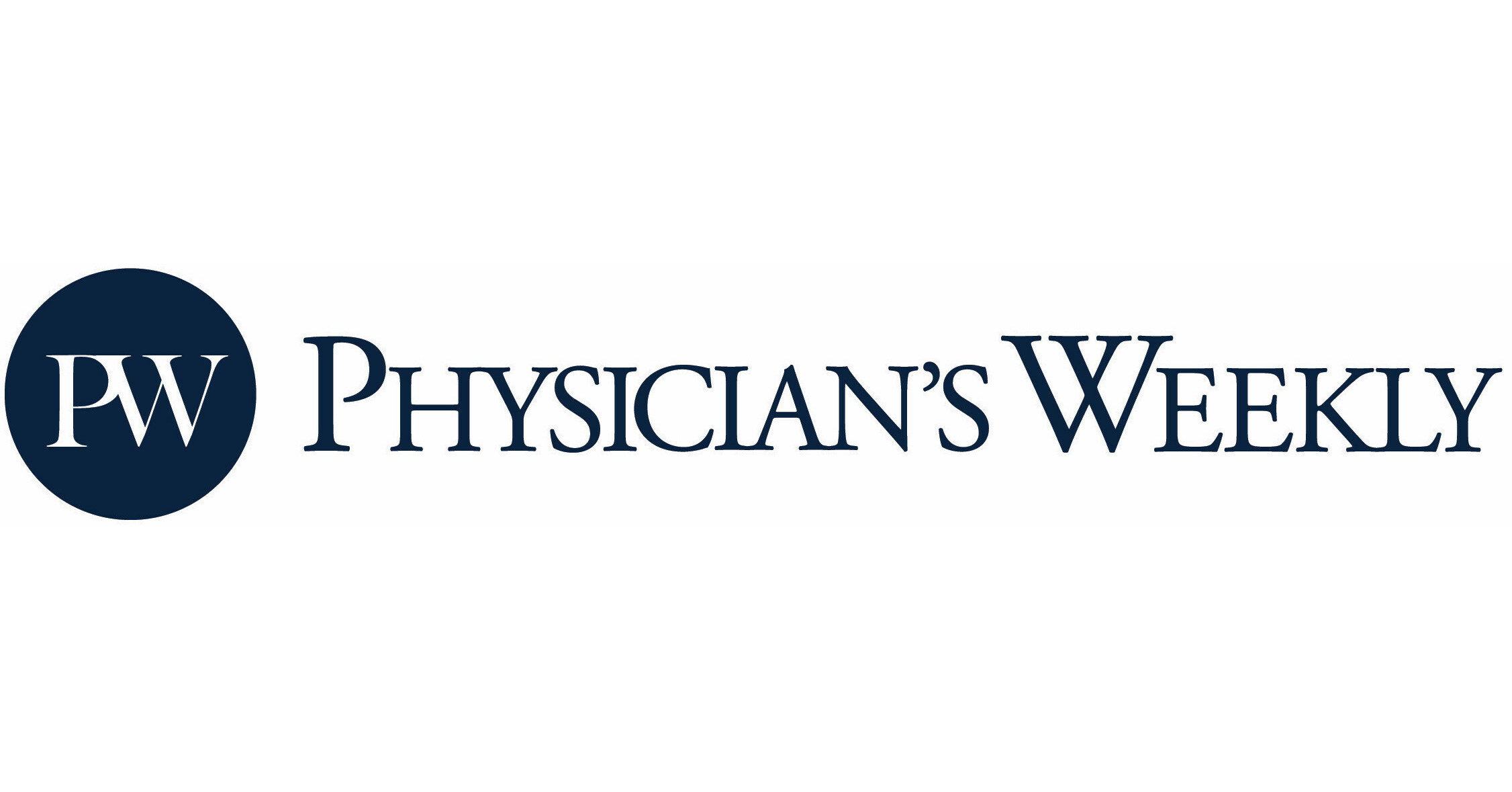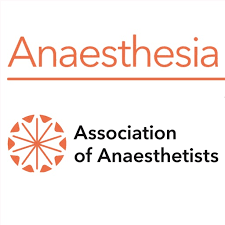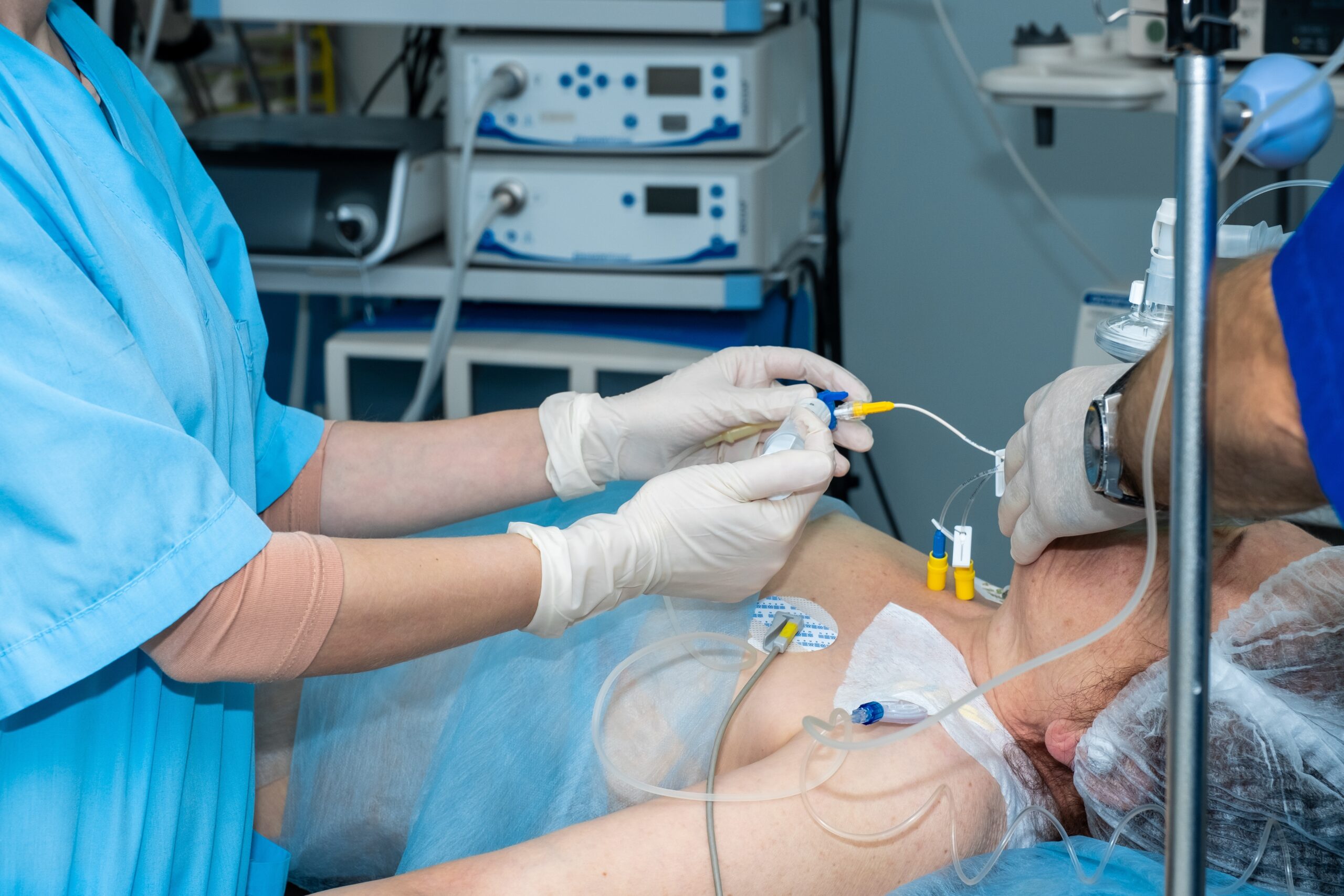 Anesthetists
Anesthetists
Study: No significant link between GLP-1 drugs, postoperative aspiration pneumonia

Editor's Note Preoperative use of GLP-1 receptor agonists was not significantly associated with an increased risk of aspiration pneumonia or acute respiratory failure after surgery, according to a March 4 report in MedPage Today. The article focuses on a retrospective cohort study of over 366,000 surgical patients found no meaningful…
Study: Prolonged general anesthesia linked to long-term cognitive decline

Editor's Note Prolonged exposure to general anesthesia during surgery contributes to long-term cognitive decline, affecting executive functioning, selective attention, mental speed, and information processing, according to a February 18 study published in the European Journal of Anaesthesiology. This prospective longitudinal cohort study followed 1,823 adults aged 25–84 in the Netherlands…
Research highlights anesthesia provider knowledge gap on drug, hormonal contraceptive interactions

Editor's Note Insufficient awareness of drug interactions with hormonal contraceptives (HCs) among anesthesia providers could lead to unintended pregnancies and preventable health consequences, according to survey published in Anesthesia & Analgesia. Physician’s Weekly covered the news February 27. The article specifically cites sugammedex and aprepitant, both of which are widely…
Study: ERAS protocol reduces opioid use after cardiac surgery

Editor's Note Implementing a multimodal analgesia-based enhanced recovery after surgery (ERAS) protocol significantly reduced both intraoperative opioid administration and postoperative opioid prescriptions in cardiac surgery patients, according to a January 5 report in Anesthesiology News. The findings were presented at the 2024 International Anesthesia Research Society meeting by Montefiore-Einstein Center…
ASA recommendations target postoperative delirium in older patients

Editor's Note Efforts to reduce the risk of postoperative delirium in older patients should focus on preoperative evaluation, anesthesia choices, and medication management, according to the American Society of Anesthesiologists (ASA). Designed specifically for treating adults aged 65 and older undergoing inpatient surgery, these new, evidence-based recommendations are presented in…
AMA letter expresses opposition to CRNA use of 'nurse anesthesiologist' title

Editor's Note The American Medical Association (AMA) expressed “strong opposition” to a proposed regulation in Washington, DC, that would allow certified registered nurse anesthetists (CRNAs) to use the title “nurse anesthesiologist.” As detailed in a December 2 announcement, a letter to the DC Department of Health from AMA CEO James…
Outpatient, ASC clinicians share perspectives on upcoming NOPAIN Act implementation

Editor's Note On October 14, Anesthesiology News published a monograph featuring clinical perspectives on how “those working in the trenches of postsurgical pain management” are preparing for the Non-Opioids Prevent Addiction in the Nation (NOPAIN) Act, which outlines new, separate Medicare reimbursement for certain non-opioid analgesics in outpatient and ambulatory…
Statistical models aim to improve surgical patient pain management

Editor's Note Researchers at MIT and Massachusetts General Hospital (MGH) have developed statistical models to improve how anesthesiologists manage unconscious pain, or nociception, during surgery, according to a September 23 report in News Medical. Derived from over 18,000 minutes of surgery data across 101 abdominal procedures, the models aim to…
Study: Preoperative depression boosts risk of postoperative delirium

Editor's Note Patients with depressive symptoms are nearly twice as likely to experience delirium after major surgery, according to a meta-analysis published September 4 in the journal Anaesthesia. The evaluation of the link between preoperative depression and postoperative delirium included data from 42 studies involving more than 4.6 million patients.…
Anesthesia workforce challenges taking center stage

Every year, OR Manager shines a light on staffing issues via the Salary/Career Survey. In this issue, two articles take a careful look at the career and profile of the perioperative leader in both inpatient and outpatient settings. Next month, two more articles will do the same with salary trends…

 Free Daily News
Free Daily News